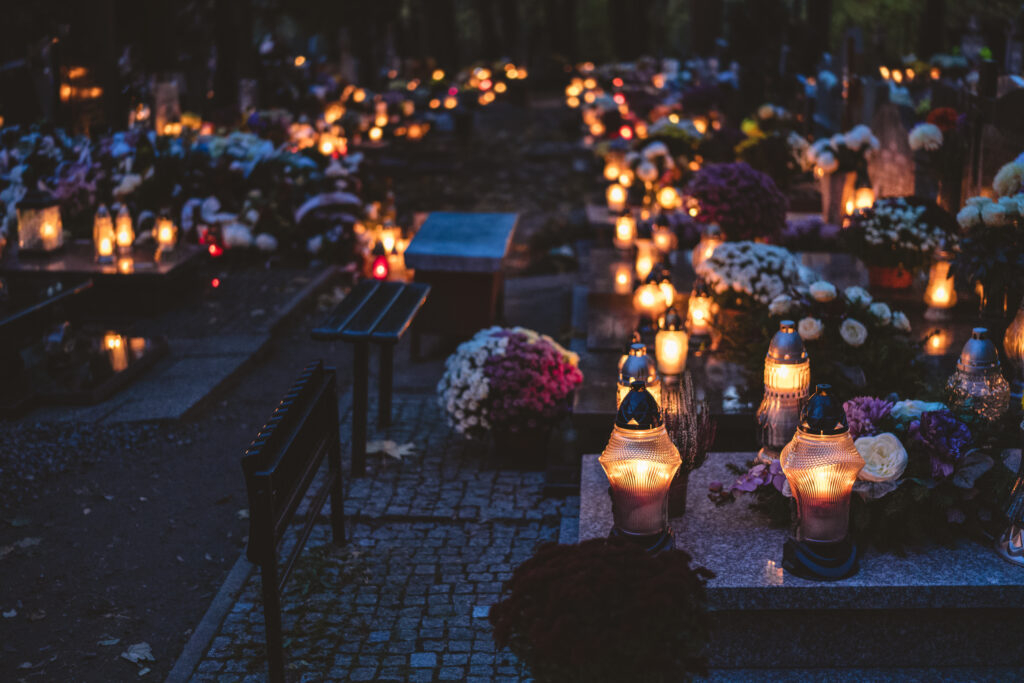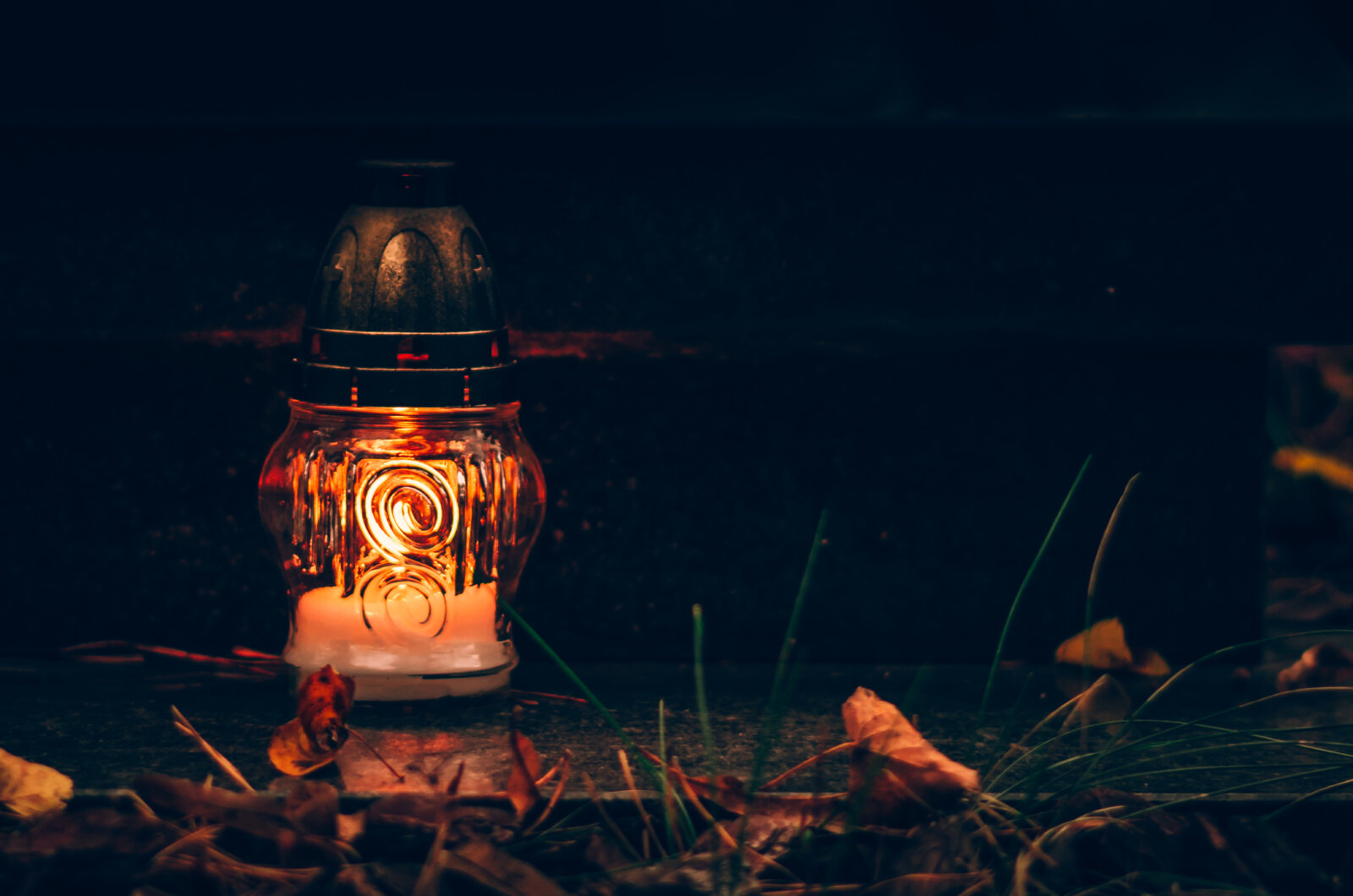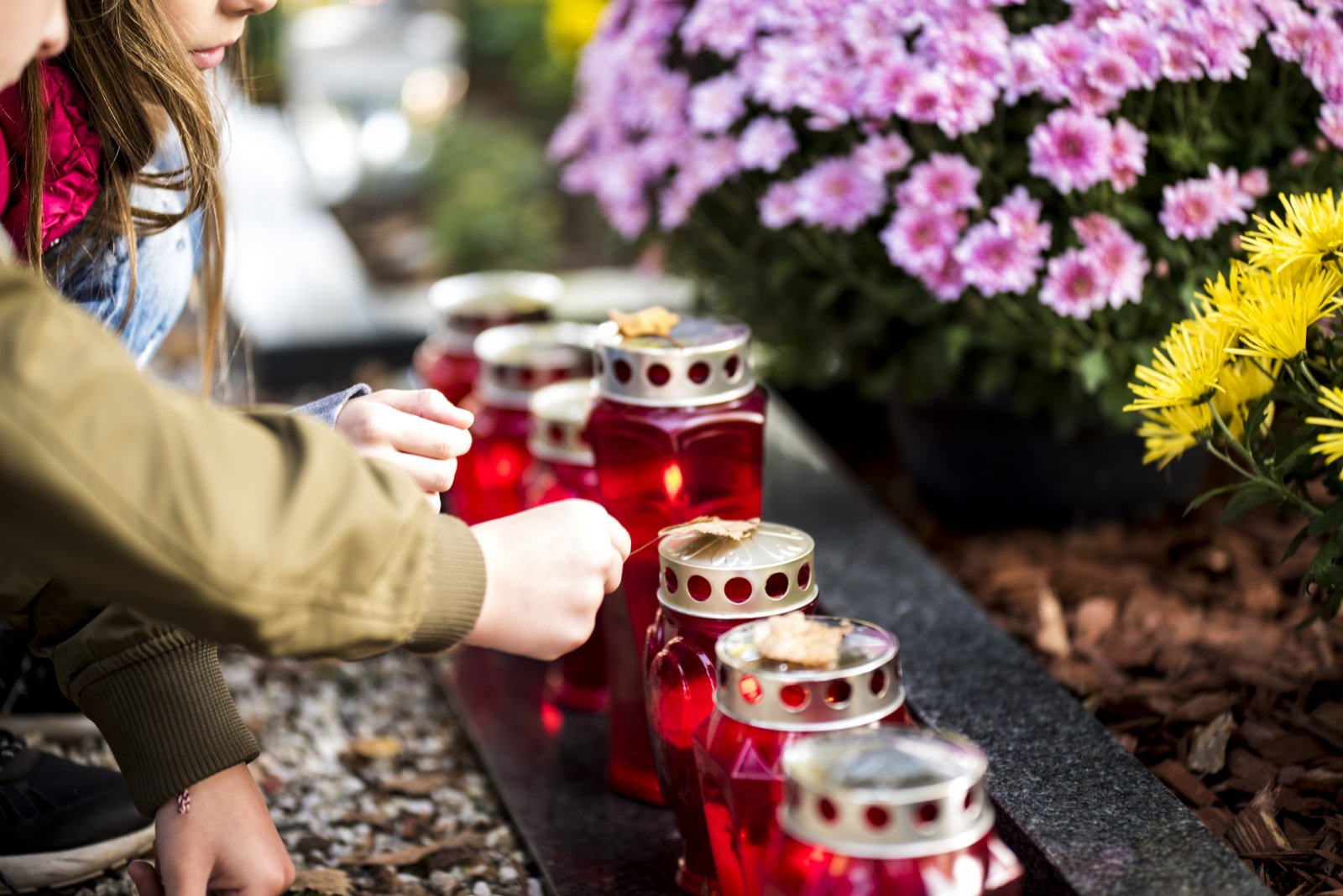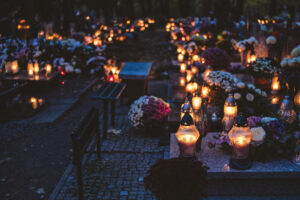Why do we burn candles?
Visiting the graves of the dead, bringing them flowers, candles, is proof of our remembrance of those who have passed away. Have you ever wondered why we burn candles? Why is it fire we carry to our dead? Lighting fires in burial places has a centuries-old tradition. It comes from pre-Christian times, when the ancestral rite was performed, aimed at summoning the souls of the dead.

Where did this custom come from?
The custom of burning candles on All Saints' Day is so obvious that many people do not even think about its origin. And the tradition of lighting fire on the graves of loved ones dates back to pagan times. Then On the night of October 31 to November 1, Dziady was celebrated, which in many places was called All Souls' Day. It was believed that then the souls of the dead penetrate into the world of the living. For this reason, bonfires were lit in cemeteries, farmyards and crossroads to show the way to lost souls. Fire was also burned on the graves of suicides and people who died tragically, located outside the cemetery walls - in these cases, the bonfires had a purifying power for souls.
What does the tradition look like today?
The custom of visiting cemeteries as we know it today appeared in the 19th century. Care for the tombstones and burning candles on the tombstones took place in the interwar period. Previously, the cemeteries were neglected, and instead of tombstones, there were only mounds.Flowers and lit candles on the gravesare now a symbol of remembrance of loved ones who have died. The light coming from a burning candle is an expression of eternity, as well as closeness and care for deceased loved ones.
Symbolic fire
Although beliefs about what happens to the soul after death have changed over the centuries, our memory of loved ones remains the same. Each of us wants to take care of these memories and express them in a specific way. In Poland, such a way is to burn candles. In other countries, the tradition of burning candles is not so popular. Instead, families bring flowers, memorial plaques, food, and in some countries, wine is poured over graves.








